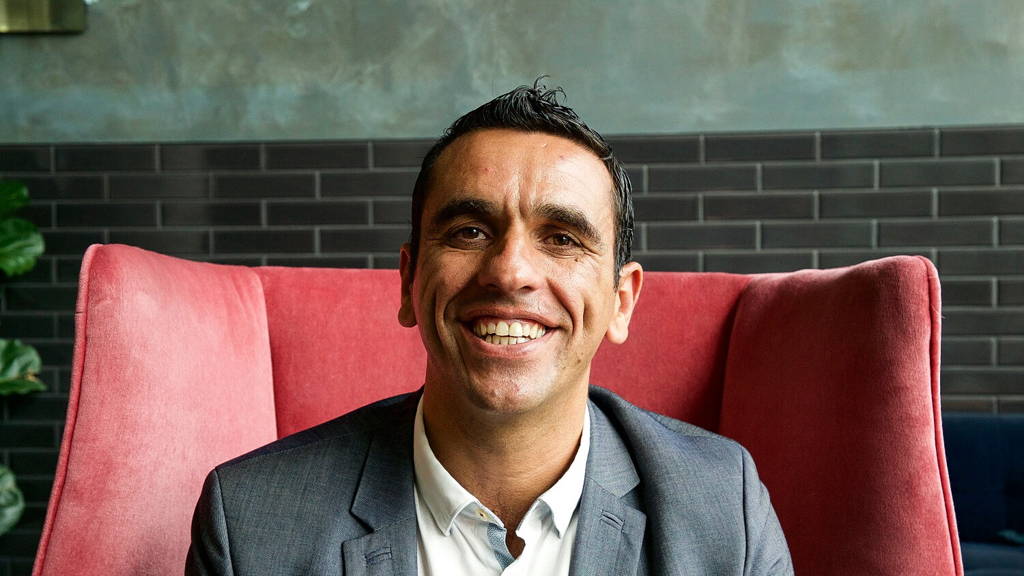Wearables give us an insight into our health, allow us to understand behavior, track what is happening inside our bodies and minds. Do people want this knowledge? Do they need it? Do they know how to use this new information?
Yes, absolutely. Wearables can be very powerful, if used to give us insights about ourselves, meaningful data that can be translated into value.
I do believe people want to gain new knowledge, because as human beings we are becoming more informed and better equipped to deal with change, whether for our health, sociologically or even just the generic ones related to the transformations of the world around us. I believe that wearables fit the latter description perfectly, as the technological world is evolving and advances in wearables are certainly part of the bigger picture.
In terms of needs, if we refer to health, then the answer is yes. If we need information about a specific health condition where monitoring it is crucial, then yes for sure. In a broader sense, I would also argue yes, whether by choice to improve our fitness or to improve our overall health. As long as people know how to use the information, although I am not totally convinced about this, as wearables in certain cases may provide too much data, "information" that is difficult to comprehend. Even the medical profession tends to find it challenging, from a lack of health education or just time, constraints that the medical profession often displays.
How will wearables transform healthcare, now and in the future?
Wearables give us the opportunity to take charge of our health, which can reverse the loop in terms of traditional healthcare, by moving from a reactive approach to a more people-centered, preventative and self-care approach. It also enables organizations to work on futuristic business models where the wearables could play a crucial role in the delivery, monitoring and intervention processes needed in healthcare.
For example, we are now seeing many hospitals adopting wearable medical devices to monitor patients' vital signs and recovery levels. This can also be achieved after discharging the patient, with the use of the intelligent and reliable medical wearables now available in the marketplace.
Which applications are the most promising, and most likely to be adapted on a bigger scale?
As I mentioned before, the true applications are in diagnosing, monitoring and even evaluating the patient on a continuous basis. Something completely unimaginable only a few years ago.
What are the latest innovations in wearables, and the trends for 2019?
There is so much innovation going on in the wearable space. It is a particularly exciting new industry. I see and follow many developments in my research and in my professional involvement with the emerging wearable technology world.
I will try to highlight a few, as it is almost impossible to cover everything. I would say sensing technologies are becoming more popular and mainstream, and a new and exciting trend is smart clothing, known as e-textiles. From innovative shoes to jumpers and even underwear, they are presenting revolutionary ways of embedding sensors.
There is so much innovation going on in the wearable spaceAnother trend that I would like to mention is skin electronics: recently the University of Tokyo in Japan created a sticky and stretchable skin patch with truly amazing electronics capabilities, which can transmit reliable health data extracted from the human body to a computer or data platform - truly astonishing. Are wearables going to be replaced soon by implantable sensors that will track life signs instantly, from inside the body and even maybe even the mind? Possibly, this is certainly a growing trend. It also addresses some challenges presented by wearables, such as battery power, size, continuous usage – as without usage there is no data or value – and even human behavior. Are there also threats related to this trend? Some people are becoming obsessed about health, with no control over the generated data… Yes, certainly. Wearables present some pitfalls, such as security, invasion of privacy and vulnerability to access by other devices or systems. Plus, on the human side, like anything else, an unhealthy pattern of behavior or even addiction can be created, and here I consider that "digital" apps are the primary risk for such problems. There are many studies starting to come out about digital usage, and the negative effects on human beings; therefore I would like to stress that anything in excess can be detrimental to human health. Should the data tracked by wearables, such as lifestyle, also be included in our electronic medical records? Should a medical insurer have access as well? I would say yes. However, right now, it is still very early days, where the required benchmarking risk and data are not particularly accessible yet. Having said that there is one leading health insurer ahead of anybody else in the sector, where they started working on the methodology a few years ago and have since established health insurance for clients that take into account wearables and health data, with direct rewards, discounts and benefits. I am actually very surprised that other health insurers are taking so long to follow suit. Some people are afraid of a world where everything is tracked, an Orwellian "1984". What gives you optimism about wearables? Well personally I am not that concerned about Orwell's vision, where in time everything will be tracked. If we remember recent events on Facebook, for example, we could see that major companies knew and tracked us without our knowledge. What makes me optimistic and extremely excited is the fact that wearables have the potential to make huge differences to people's lives on a massive scale, if we don't worry so much about health data and personal privacy. I would love to see the big companies using data not for commercial purposes but to tackle really life-threatening health conditions, such as cancer, diabetes, rare and heart diseases, to make society healthier by helping human beings live longer with their families.






